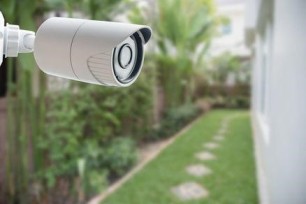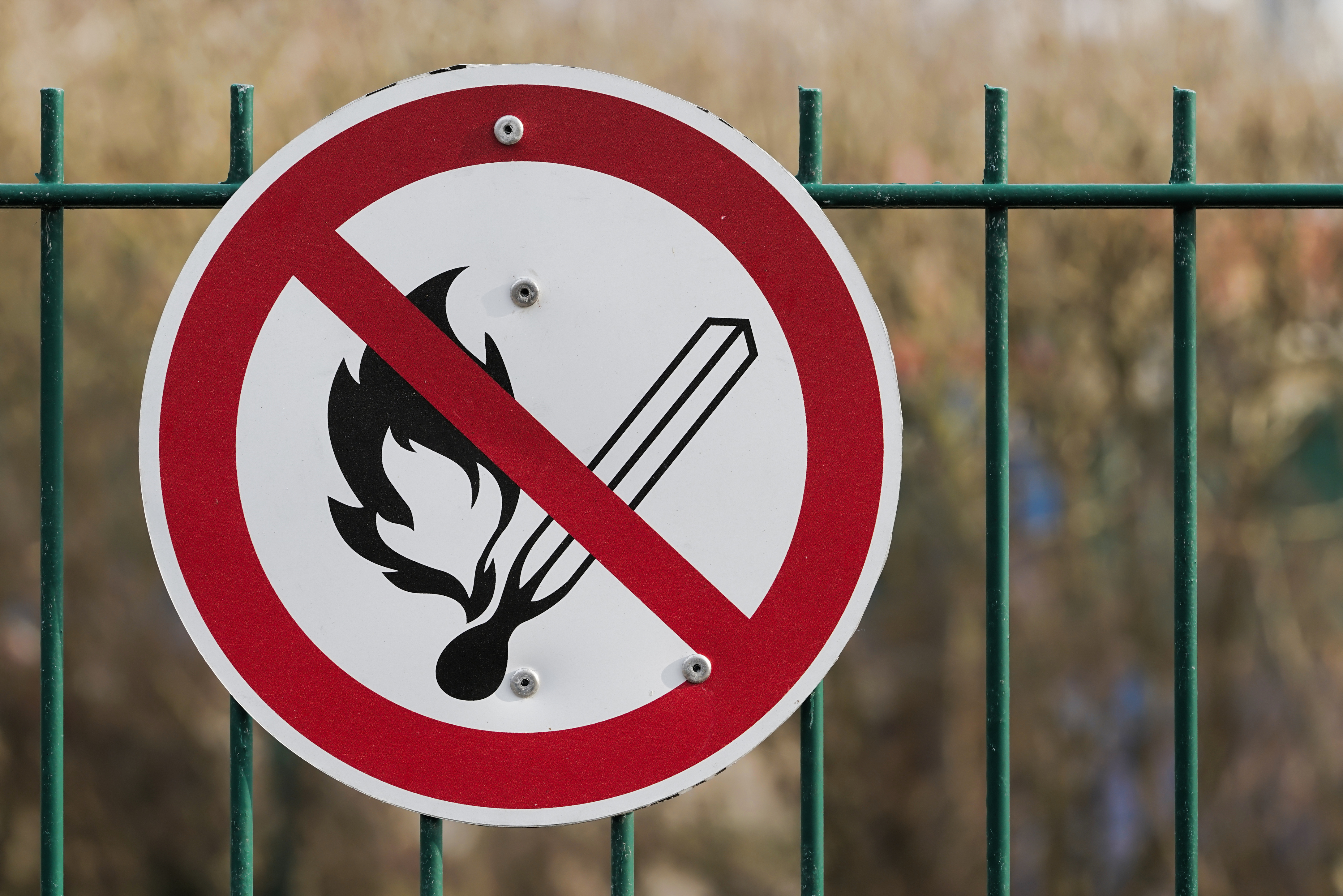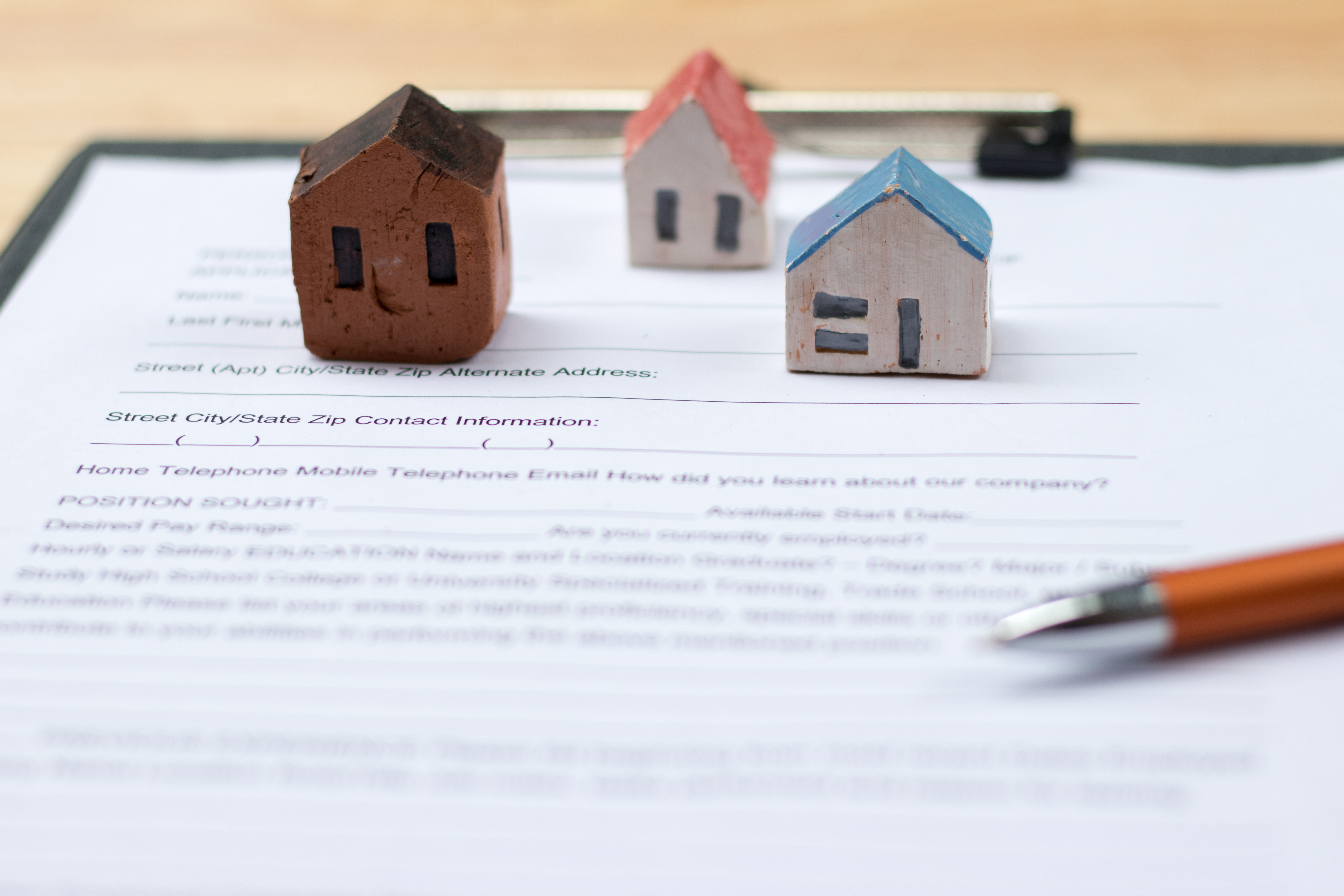General Insurance Blogs, Articles & Updates by - Magma Insurance
Have us call you
- RENEW YOUR POLICY
- BUY NEW POLICY

Twenty-one handy tips to protect your home from burglary
Problems come uninvited, so do thieves. While modern technology makes it safer than before, no homes can be declared as "burglar-proof". The skills of burglars are advancing too with time. So, to avoid clever thieves from attacking your house and stealing valuables, you need to take considerable precautions. Below are the twenty-one tips to prevent burglary at your home so that you feel guarded.
1. Get a pet dog to guard your home: Most common and convenient option is to get a pet and train it to safeguard your home. Believe it or not, most thieves are badly scared of dogs!
2. Keep your spare keys in a place known only to you: Unlike old times, you cannot keep your spare key under a flowerpot or doormat. Unsurprisingly, invaders are aware of this trick. So, it is advisable to keep your keys at some safe place, or you can hand them over to your trustworthy neighbours till you return home.
3. Keep your car keys accessible to you: At the time of intrusion, you can make them scared by pressing the car alarm with your keys.
4. Always use the peephole before opening the door: Use the peephole to see who's outside, confirm the unknown person's identity, and then only open the door.
5. Draw curtains and blinds: Surely you won't like to give some stranger an option of window shopping to your home. To ensure privacy inside your house, make a habit of drawing curtains and blinds.
6. Be a friendly neighbour: A neighbourhood watch is one of the best ways to protect your home. Protect their home when they are not around and request them the same when you are away for a long period.
7. Install security cameras for surveillance: Make this one-time investment in installing CCTV outside your home premises. No invader will break in quickly.
8. Keep your valuables safe: Considering the worst case, even if the intruder breaks into your house, make sure that your valuables, essential documents, and ornaments are in a fireproof and password-protected safe or locker.
9. Hide expensive items: Don't keep your expensive items like jewellery, watches etc., at bay where everyone can see them. It's easier for visitors and strangers to scan through while you open the door for them.
10. Install a video doorbell camera: It is a modern-day alternative to the peephole, providing a better and broader view and a clear channel for communication.
11. Keep multiple layers of defence: Using a single door is not safe. Keeping fences, external gates on the entrance further prevent invaders.
12. Shift your door hinges: Doors having hinges outside are highly vulnerable. Anyone can break in with simple tools. So, make sure hinges are inside the home.
13. Shine a light of security: Having a light outside the home and keeping the gate well-lit makes burglary less possible. Burglars usually try to avoid attacking homes that have lights on!
14. Keep the external switches and wires covered: The invaders will likely break in after cutting the cables and CCTV camera connections. So, ensure that all the cables are covered safely and not visible to intruders.
15. Timely update and upgrade doors and locks: Old doors and locks are easily breakable and cannot provide durability. Update your locks and doors from time to time.
16. Use multiple locks: Like multiple doors, use multiple locks for additional protection.
17. Secure the windows: The window is a familiar and most found intruding means by which burglars break-in. Make it safer by using good quality windowpanes, glasses, and handle locks.
18. Declutter your door: When you are not at home, ask your neighbours or inform some friend to empty your garbage bin, collect your daily newspapers or any parcels and packages dropped at your doorstep.
19. Keep security signboards: 'This property/home is under the surveillance of CCTV.' Such signboards will easily break the will of an intruder, preventing them from entering your house.
20. Don't overshare or overexpose: Make wise use of social media. And don't overshare your personal information, things about the home, or any upcoming events and trips too. It might risk your home and privacy in the first place.
21. Get a home insurance plan: A good house insurance India plan guards your house against losses in case of a burglary. Your insurance company will reimburse the value of the lost items.
Phew! Many of the above tips will save your home from burglary and make it secure inside out in your day-to-day life. The future of safe homes lies in home automation or smart homes. If you have a reasonable budget, you can also opt for such options. However, thinking of additional protection for a home is not a wrong thought. So, always invest in home insurance that provides you additional protection.
Click HERE to get the best home insurance India for your home.
Disclaimer: The information provided above is for illustrative purposes only. To get more details, please refer to policy wordings and prospectus before purchasing a policy.

5 myths of Home Insurance
Home insurance is one of the most common insurance that people buy, but most of the buyers do not know about the complete limitations and benefits of such insurance policies. There are certain myths related to home insurance policies that are still prevailing in people’s minds. You can find a person buying the best home insurance in India, but he/she will be under the myth that the insurance policy does not cover this or that. People need to properly read the offer and scheme related documents before they are deciding on buying any particular policy. Some of the myths that have been there in people’s minds for long periods have been debunked here: -
1 If the damage to the home is severe enough that it is beyond repair and you cannot live in it while it is being repaired or renovated, the insurance company will put you up in a hotel or a serviced apartment temporarily while the work is being done. This is true for some insurance plans but not all insurance plans and if loss-of-use is there, it will be clearly stated in the policy. People should not be under the myth that Loss-of-use is present in all policies else they will have to bear a huge financial burden of paying the hotel fees as well.
2.Many people believe that their belongings lost in the fire will be replaced with new ones if they have a policy. However, most of the policies do not have this clause. Instead, the losses are calculated by what the items were worth before they were lost in the fire. A four-year-old computer that you bought for Rs. 50,000 may be worth only Rs. 13,000 before the calamity and the insurance company will calculate the loss by counting the price of the computer as Rs. 13,000 and not the original price of Rs. 50,000.
3.Even the plan which may be the best home insurance in India may omit coverage against flood. Floods can occur due to several reasons, such as a storm, hurricane, ruptured pipes or drainage stoppages, or ruptured sewer backup but most of the times flood is not included in the policy. If you live in a flood-prone area, there are special flood policy packages offered by selected firms but in general, it is not included in a home insurance policy.
4.People generally believe that low premium means low insurance coverage, but this is not true. You can lower your premium in many ways without reducing your coverage if you take safety precautions of your own to protect your house. If you have security devices such as fire alarms or burglar alarms installed at your house, you can tell that to the insurance provider, and your premium can be lowered.
After the fire tragedy, some items are destroyed or damaged to such an extent that for the insurer, it could be challenging to identify for assigning the claim. So, as a responsible party, you ought to click as many pictures and shoot videos as possible of the damaged, smoked rooms to show the physical evidence of the actual damage before it gets wiped by a restoration company.
5.This is a myth that you need to be a homeowner to buy home insurance. You can very well buy home insurance for your belongings and contents of the house without being a homeowner. A tenant can purchase home insurance for his belongings and in case the tenant shifts; the policy can be approved for a change of address as well. Not only this, but the homeowner can also get home insurance for the structure of the rented accommodation or the house in which there are tenants living.
While buying even the best home insurance in India, you need to be careful and read all the documents for the policy carefully to understand what all things are included in the insurance and what all things are not included in the insurance. Different policies are accommodating different perils and you must choose the one that fits your requirements the best.

10 useful fire safety tips that you should know
A fire can start anywhere and you will be surprised to know that you may have as little as two minutes to escape from such fires to safety. Early warning signs and proper steps taken once the fire has been detected can save your life as well as others. Most of the home fires that occur are preventable and you should follow certain fire safety tips to protect yourself as well as your family from fire hazards.
Buying home fire insurance is the first step towards protecting your house from an unforeseen fire hazard that may destroy your complete property. But along with this, you need to know some safety tips to protect yourself if and when there is a fire outbreak in your home or office or any other such building.
- Smoke alarms are the basic detectors that must be installed within the building so that you are immediately aware of if there is some fire in your house. Such fire alarms can be installed in your living room and all of the bedrooms. Installing fire alarms does not finish your job and you need to take care if they are working properly by regular checks. You may even need to replace their batteries periodically.
- Have a fire escape plan ready and your whole family should be aware of what to do to escape from the house in case of a fire outbreak.
- In case there is a fire in your home, try to escape as quickly as possible and do not go back to your house to gather any belongings. If your house is insured under home fire insurance, you will get everything back.
- If you live in an apartment, get to know all the escape routes and as soon as there is a fire outbreak, pull the fire alarm so that everyone else is aware of a fire in the apartment.
- In case there is a fire in your home, lie down close to the floor because smoke tends to rise higher. You can save your breath this way and can be safe inside the room for a longer period until help arrives.
- If you are locked inside in case of a fire, try to block all paths of the smoke entrance to your area. You can get any clothing material and place it at the entry point of smoke which is generally the bottom of doors. The wet cloth will prevent smoke from reaching your area and you will be able to survive for a longer period until help comes.
- All the inflammable materials in your home should be handled carefully and must be put in a safe place. In case there is a fire outbreak, try to keep flammable materials out of the reach of the fire, otherwise, they may cause an explosion risking everyone’s lives.
- In case you use fireplaces inside your home to warm the house in winters, install a fire safety gate around the fireplace.
- Fire extinguishers are a must at office places, but there must be fire extinguishers at your home also. Everyone in your family should be trained enough to use the fire extinguisher in case the need arrives.
- In case your clothes catch fire, do not run because running won’t douse the flames, instead, it will only help the flame. Lie down and roll on the ground and the flames must be smothered by a heavy blanket or rug.
All these tips can come in handy whenever there is a fire outbreak in your home or your office. You must follow these tips, but you must never forget to call the fire department to let the professionals handle the fire hazard.

Home Buyer's Guide
Owning a home is generally seen as a sign of adulthood and financial responsibility. Buying a home is a huge step and a very big commitment and requires a lot of work on your part. You need to be aware of all the different things and steps involved with everything to fully comprehend what all things need to be taken care of before you buy a home such as EMI payments, property tax payments,best home insurance policies in India and several others. Many people rush into buying homes which is never a good idea because if you are not careful while buying a home, there is a probability that you may be making a bad investment.
When buying a home, you need to be sure that you can sustain the financial burden and it won’t mess up your financial stability and for that, you need to understand the various aspects of homeownership. You can consider this as a guide which will help you in making a correct decision that will be beneficial for you in the long run as a good investment. Going step-by-step, you need to ponder over carefully on all these things: -
- The need to buy the property - Many people decide to buy a home just because they want to prove to the world that they have attained adulthood and they can own a home. The decision to buy a home should not be made so precariously and proper thought must be given to whether you need to buy a property and how will it affect your financial stability in terms of mortgages.
- Shortlisting the Property - Once you have properly assessed your requirements for a property, you need to now ponder upon what kind of home would you like to live in. Shortlisting can also be done based on whether you want to move in immediately or you want to construct the house according to your preferences. Ready to move in property generally require enough finances for paying cash up-front to buy them but for a house under construction, you can take bank loans while paying less cash up-front. The property should also be shortlisted based on what kind of location you want to live in.
- Understand the tax implications - Everyone wants to reduce their taxes, and for this, you need to understand what kinds of taxes you have to pay and how can that tax be reduced smartly. You can save capital gain tax on residential properties but not on commercial properties.
- The Legal Perspective - Once you have decided on buying a property, take care of all the legal things that need to be done so that the property is registered under your name or someone in your family. All the documents should be clear, and you should be comprehensive with regards to all the paperwork for the property to avoid any issues in the future.
- Manage Finances - You need to have a stable financial system so that you do not face any difficulty in your daily life after deciding to buy a new property. You can also avail home loans from banks to finance the new property by paying less cash upfront to the developer of the property. Your home loan eligibility and the amount for which your home loan is sanctioned depends on your ability to repay the loan, i.e. indirectly your salary..
Home buying is generally categorized into three different stages which are the Pre-purchase stage, financial handling stage and the Post-purchase stage. You need to be properly involved in all of these stages and understand each and everything so that you do not face any legal problems in future.
Make sure that all documents are complete and if you rent out your property, have proper rent agreement papers made. Buying a home also means you need to have home insurance, and you can buy some of the best home insurance policies in India from different insurance providers at attractive premium rates. Compare the policies properly and buy the one that suits your requirements the best.

